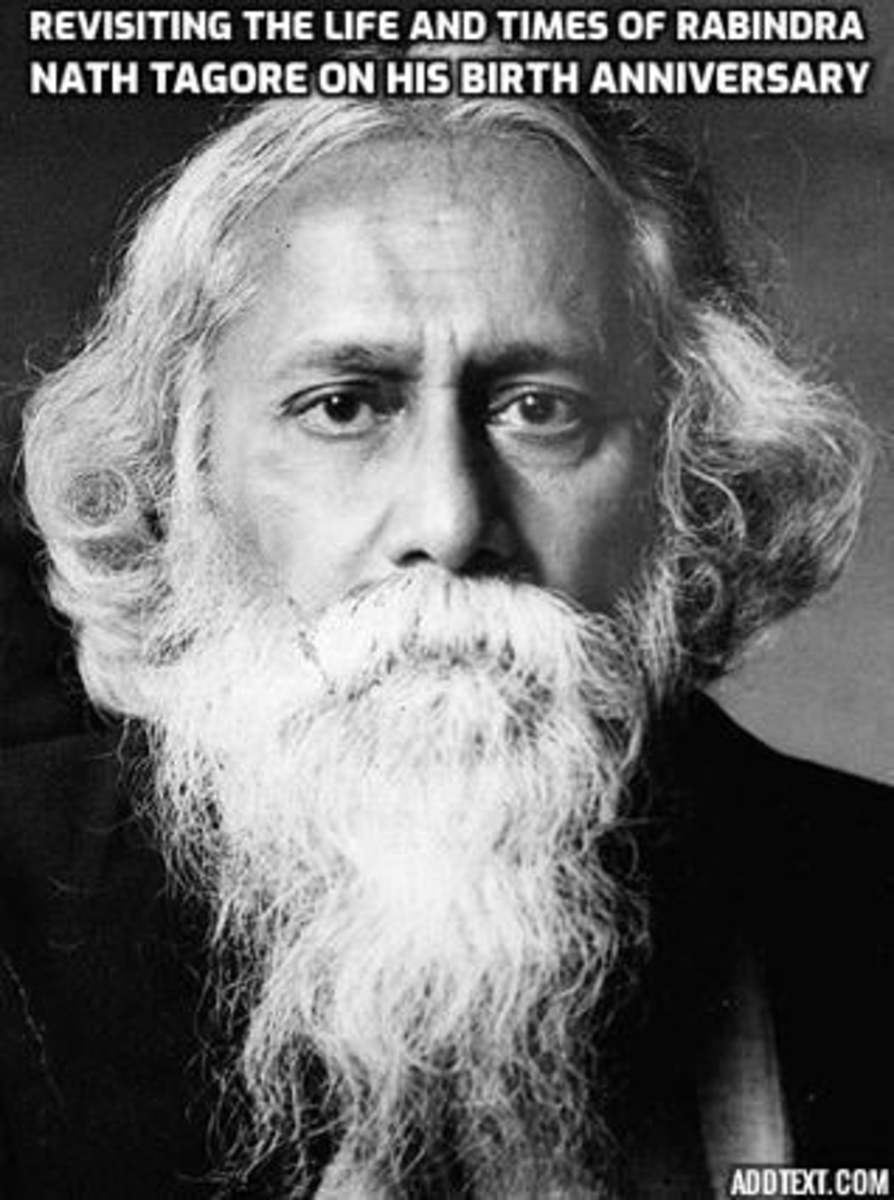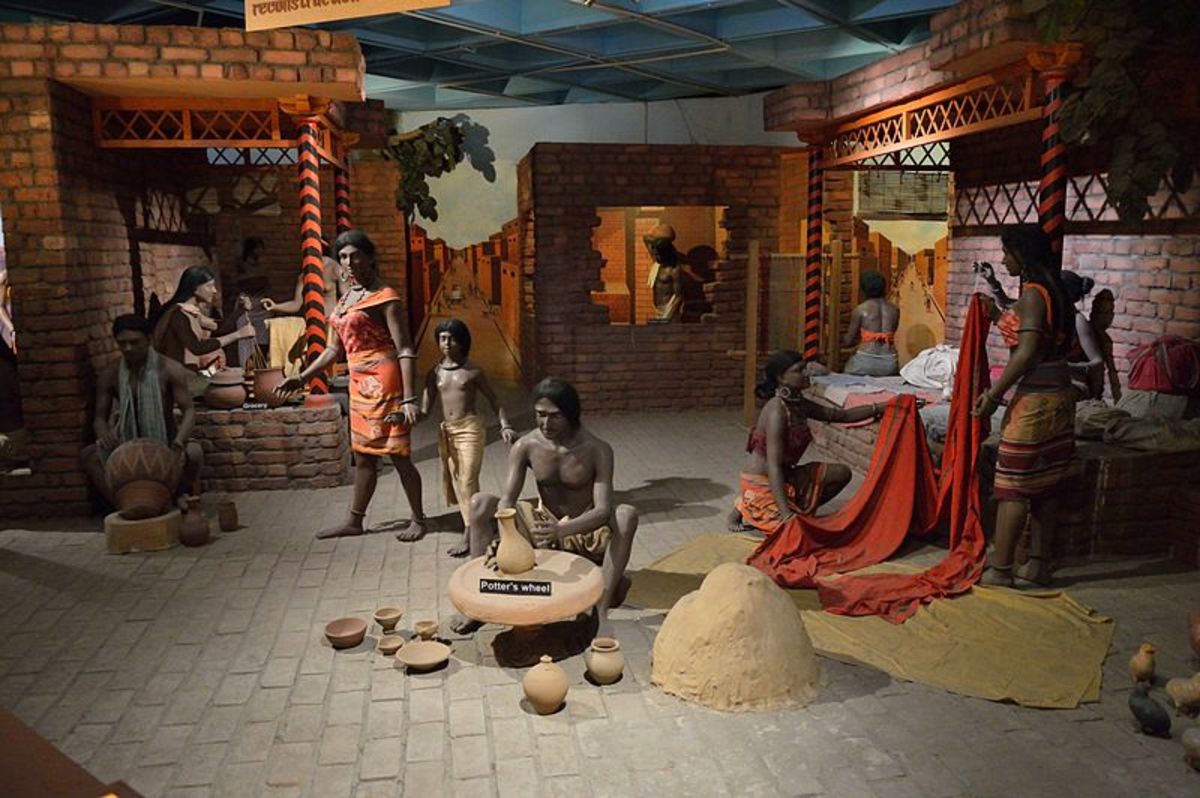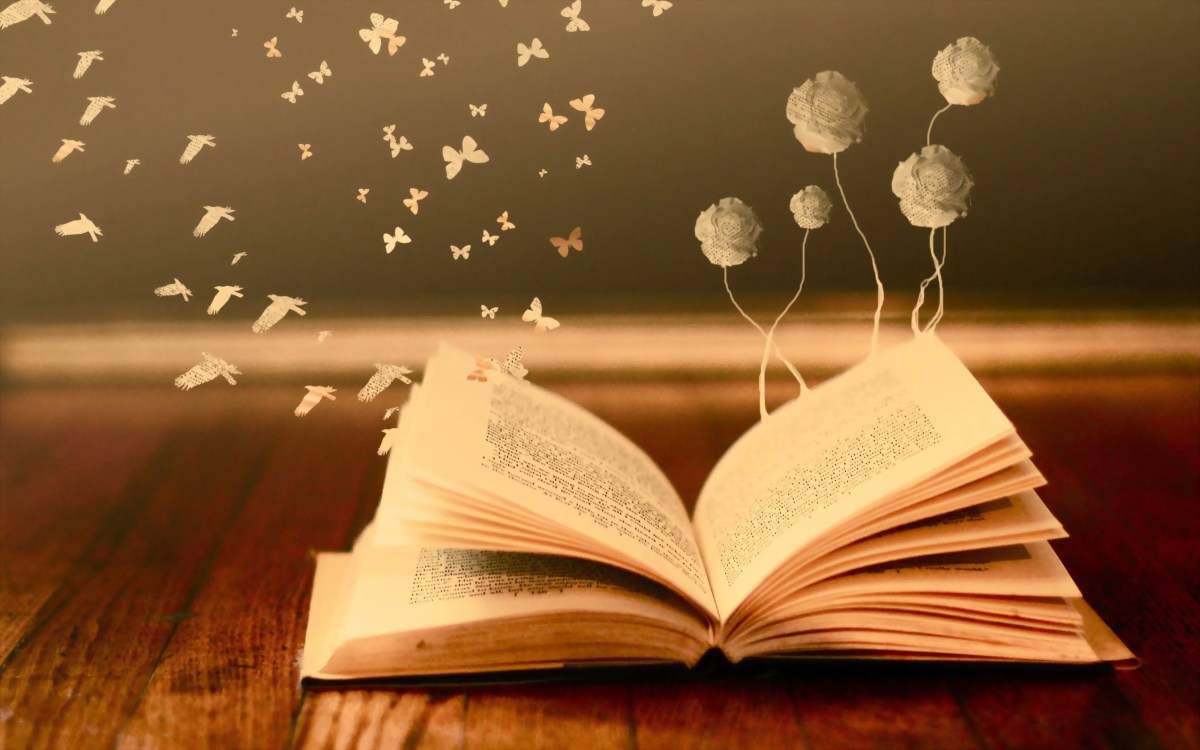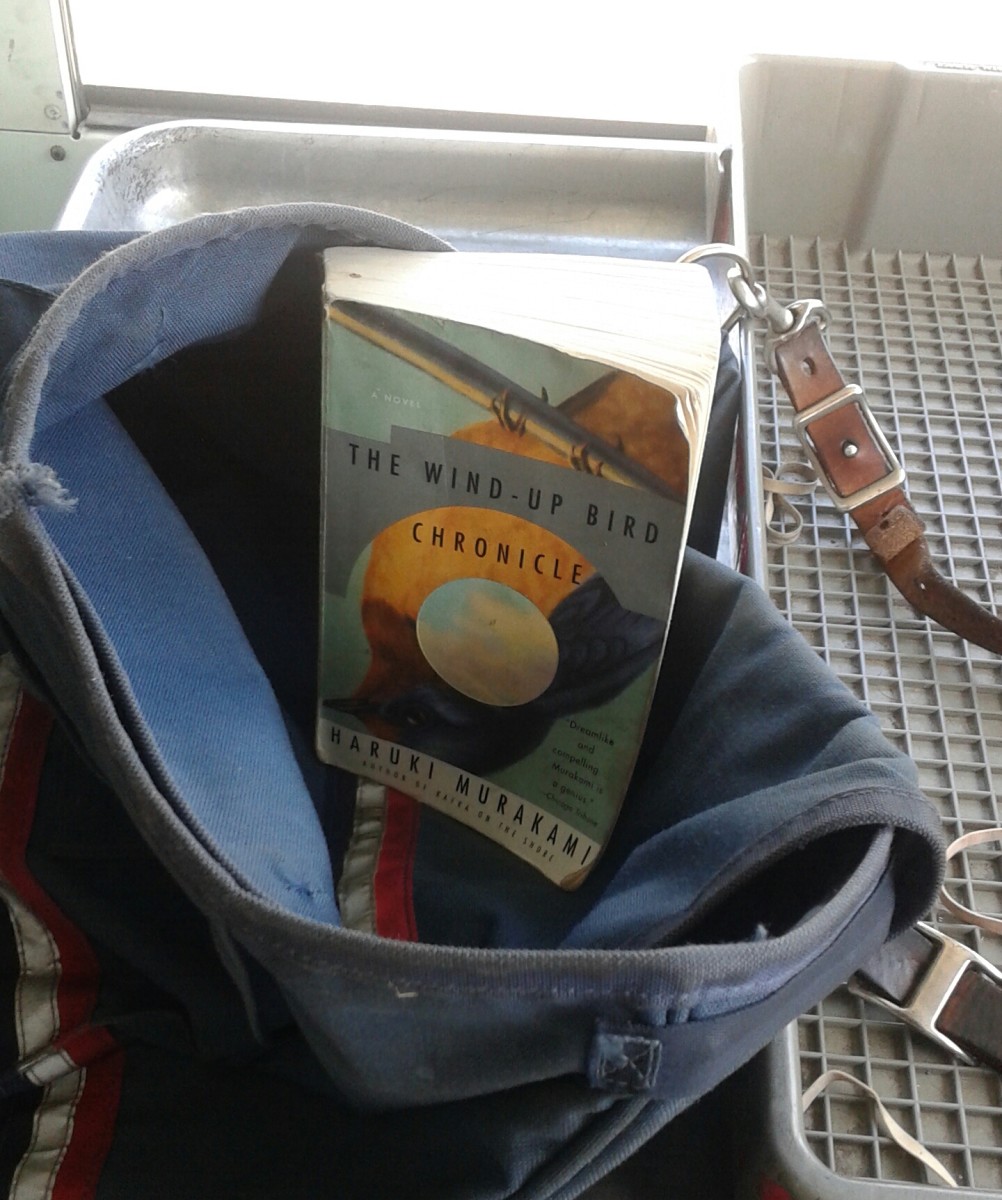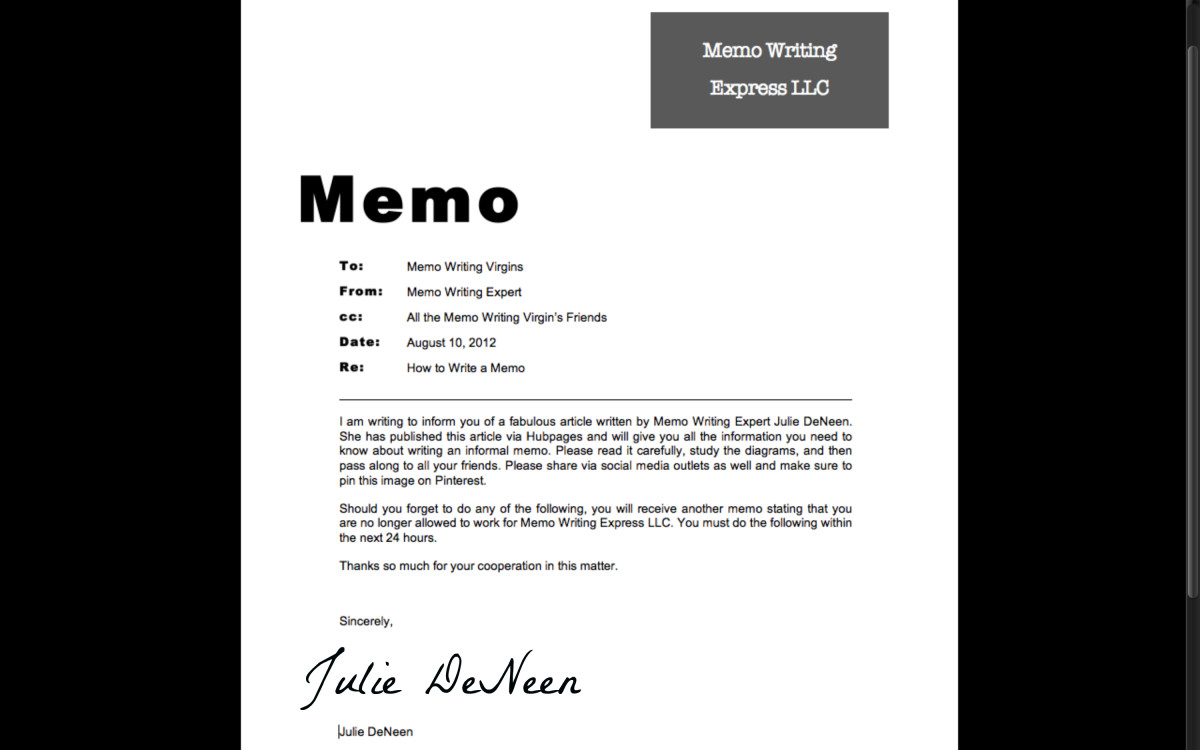What I Expect From Literary Masterpieces
What a masterpiece should do
Literary masterpieces should keep the audience enthralled by placing the reader in the story. The reader should be able to envision himself or herself as the author, protagonist, or antagonist. For example, even when I write fictional stories I prefer to envision myself as the protagonist. I also try to make the setting and atmosphere as precise and realistic as possible by thoroughly researching the history of the area and its inhabitants. By doing so, I am able to give my audience a clearer picture of the surroundings, the characters involved in the story, and the era and place in which they lived or died. This, I believe is because of the place and time in which I was raised.
I grew up in a tiny town of approximately 300 citizens, most of whom were seasonal migrant workers, in Arizona's Mojave Desert during the early 1960s and 1970s. Back then we did not own a computer because they were so large, complex, and expensive that most people did not own or use them. We had no video games, cell phones, or other modern electronic gaming devices that many young people enjoy today. Our only source of recreation was competing in an occasional game of pool, playing pin-ball, listening to the jukebox at the local bar, swimming in the hot pool (which was actually a farmers rendition of a swimming pool that consisted of a well that pumped hot water into a huge cement-lined hole in the ground), or reading. Here, our only source of home viewing pleasure was our television in which the reception was often unreliable because we were forced to rely on an antenna on the roof for transmission because we did not have cable or satellite communication. Even viewing a show at the theatre or drive-in consisted of journeying for 60 or 70 miles to Yuma or Phoenix, so we were limited to doing so only once or twice a month or whenever we needed to purchase groceries or school clothes. However, there were other forms of entertainment to satisfy my sister and I such as exploring the vast desert, searching for Army relics from World War II, traveling along the old Butterfield Stage Route during outings, watching the skies for unidentified flying objects, and playing in the old hotel in the nearby ghost town called Agua Caliente. Therefore, here was where I also learned the value of informative reading.
My earliest literature
As I grew older simply using the rock formations of Hyder Camp (where military forces had once trained under Patton's supervision) as my playhouses, using the Army mess kits to feed my dolls, pretending I was a dance hall girl in the old hotel, playing cowboys and Indians with the authentic long-barreled pistol I had found, or simply gazing at the stars no longer satisfied me. I began to yearn for knowledge about the time and place that surrounded me and I also wanted to learn about faraway places. Therefore, I began listening in earnest as old man Condé related tales about how his family was the first to settle in the area and reading literature written by authors such as Zane Grey, Hemingway, Edgar Alan Poe, Mark Twain, and even Shakespeare, among others. These were authors who knew history and adventure, and had traveled to places I had never been. They made me want to be the protagonist in their stories.
How literature influences me today
While I may read different types of literature today such as works by Eudora Welty, Jean Auls, John Updyke, and Kate Chopin, literature still influences me in the same way. Literature still has to make sense and be witty, informative, and adventurous. However, above all else it must be written in an easy to comprehend or poetic style. By this, I mean it must not have words that are too long or too hard to understand, the words must flow in harmony (there must be adequate transitions between paragraphs or statements), and it must let me envision myself as the protagonist.
Literature that does not influence me
A friend once asked me why I do not read or write to a more academic canon, or one that is written purely for scholarly pursuits, or one that is written in a language that is hard to comprehend, such as some of those containing myths and legends of ancient or biblical times. In my reply I stated that I do not see myself as the fair maiden awaiting her hero who rides in a chariot of fire adorned in gold relief. I do not see myself as the god who showers down thunderbolts or great spears of lightening. I am not the one who parted the seas and saved the earth from the biblical flood. Nor do I dream about these characters of old, or wish to be like them. In my mind I cannot be the protagonist in their stories, and they are not witty, fun, or adventuresome, thus, they influence me very little. However, I can see myself as the maiden clad in bonnet and shawl who rides in the covered wagon while being chased by Indians who are bent on taking my scalp in one of Zane Grey's novels. In my mind and heart I am a member of Jean Auel's Cave Bear Clan. I often dream of being the protagonist in Mark Twain's Huckleberry Finn as he rafts down the mighty Mississippi River, and I have been the one who sat on the river bank with cane poll in hand, waiting for the catfish to bite. Thus, these authors and others like them are the ones who influence me the most.
Summary
When I was a young girl I almost hated the town in which I lived because it was so far from society and the friends I had left behind. I had come from a much bigger place where I had many friends. I had come from a place where I could walk or ride my bike to Oscar's market to enjoy ice cream and sodas whenever I wished. This was also the place where we did not need to drive so many miles to the drive-in theatre or other attractions, and we could go shopping or visit my cousins every weekend. Therefore, this place was so unlike the tiny town I now called home that I thought I would never fit in and would always miss my friends and the conveniences I'd previously had access to so easily. However, there was one thing that I did not have in that bigger town, and that was an appreciation for reading, writing, and history. As a result of this knew knowledge I have never regretted growing up in the tiny town called Hyder because my prior expectations of literary masterpieces had changed from utter nothingness to something quite grandiose.

